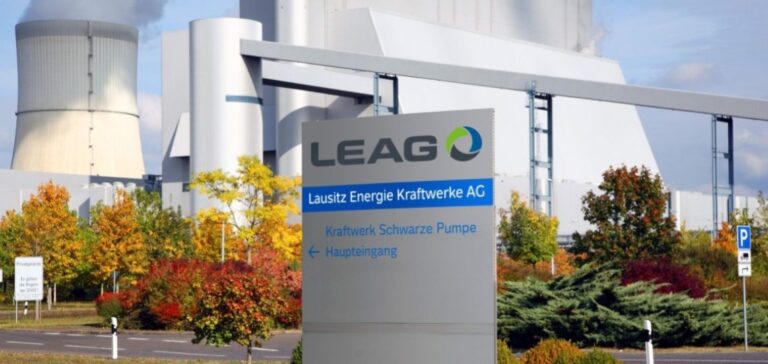Committed to a low-carbon future, Germany faces the immense challenge of gradually moving away from its dependence on coal, a particularly polluting fossil fuel. In line with its ambitious climate targets, the country has set itself the goal of completely abandoning this energy by 2038, while ensuring a smooth transition for its mining regions historically dependent on this industry. These coal bastions include Lusatia, a vast region of former East Germany renowned for its prolific lignite deposits. This border region with Poland, marked by decades of intensive mining, now needs to reinvent itself and project itself into a low-carbon energy future.
EU gives green light to state aid for Leag
Against this backdrop, the German government announced on Tuesday that it had obtained the precious green light from the EC (European Commission) for a 1.75 billion euro payment to Leag, the main operator of the lignite mines in Lusatia. This state aid is intended to offset the astronomical costs incurred by the early closure of the company’s coal-fired power plants in the region. Negotiations between Berlin and Brussels on this thorny issue proved particularly difficult. In 2021, the EC, the guardian of fair competition, opened an in-depth investigation into this state aid, which is likely to constitute market distortions that do not comply with EU rules.
Breakdown of funding
Of the 1.75 billion euros granted, 1.2 billion will be specifically earmarked for the staggering costs of renaturating the gigantic abandoned open-cast mines, veritable ecological scars on the Lusakian landscape. A section will also be devoted to social support for the thousands of workers affected by the closure of extraction sites and associated power plants. The remaining 550 million euros will be paid to Leag once the company has effectively taken all its coal-fired power plants in the region off the grid, marking the end of an era for Lusatia.
Striking a delicate balance between transition and competitiveness
A year after approving a similar €2.6 billion aid plan with energy company RWE to support North Rhine-Westphalia’s accelerated coal phase -out by 2030, Brussels has now given the go-ahead for the Lusaka project. However, negotiations proved more complex with Leag, which initially wanted to retain the 2038 horizon rather than phase out lignite early by 2030, as demanded by the German government. This green light confirms Berlin’s firm commitment to financially supporting the profound transformation of the former East German coal-mining regions, while preserving their economic competitiveness as far as possible. It’s a delicate balancing act for the government, which has to reconcile climate ambitions, industrial realities and social justice imperatives in this crucial energy transition.
Outlook and challenges for Lusatia
For Lusatia, a region heavily dependent on the coal industry for decades, this definitive turning of the page opens up a new chapter full of uncertainties and opportunities. We now need to take a wide-ranging look at how to reindustrialize these areas, in order to develop new job-creating economic activities in line with climate objectives. The conversion of former mines into natural reservoirs or sites for the production of renewable energies such as photovoltaics is one of the avenues being explored. But beyond the technical and financial challenges, a profound socio-economic upheaval awaits local populations, whose future is now irrevocably decarbonized.
By financially supporting this huge transition effort, Germany hopes to draw a definitive line under a part of its energy history, while paving the way for a reinvented Lusatia, promoted to the rank of pioneer of a new sustainable economic model.






















